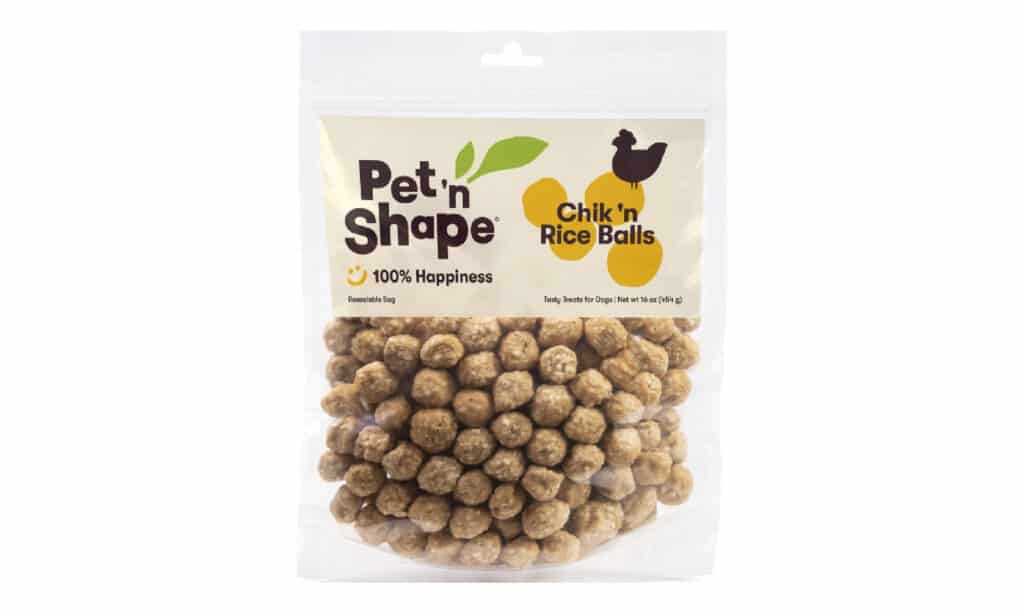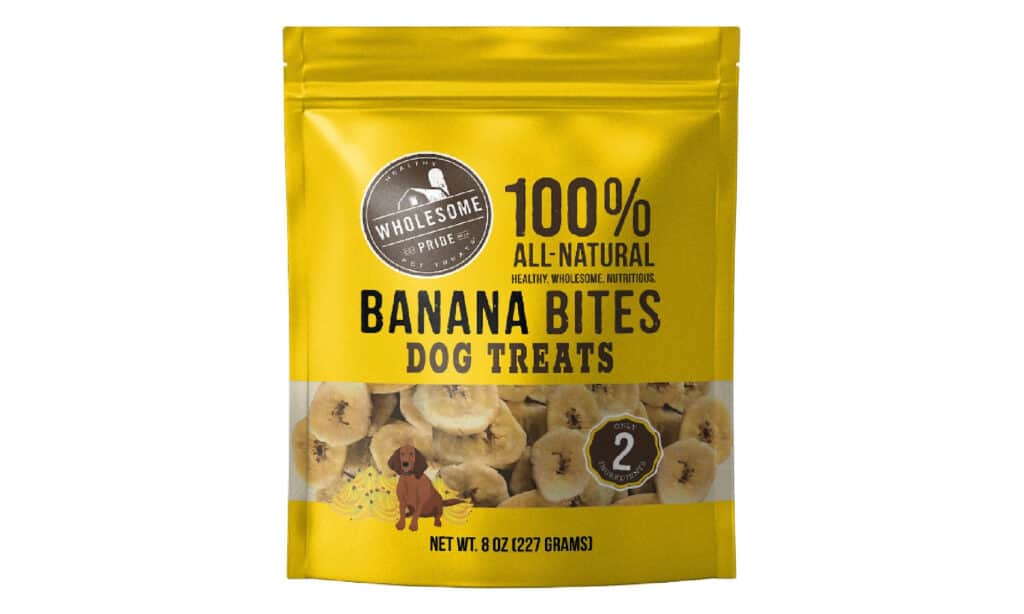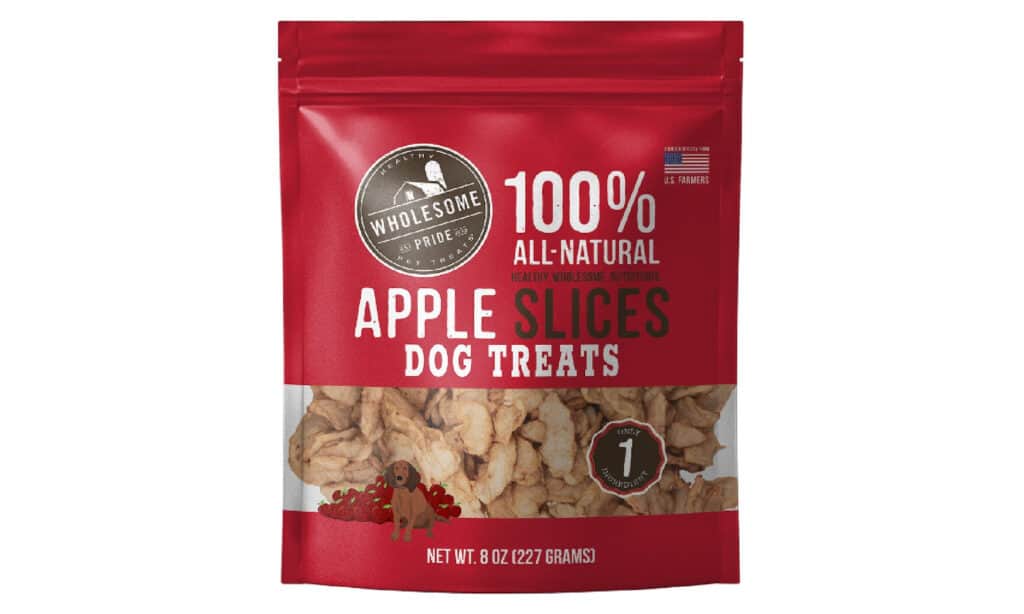As a dog owner, it’s natural to wonder what foods are safe and healthy for your furry friend to eat. Sticky rice is a popular ingredient in many cuisines, and you may be wondering if it’s okay to share some with your dog. In this blog, we’ll explore whether dogs can eat sticky rice, and what precautions you need to take to keep your furry friend safe and healthy.
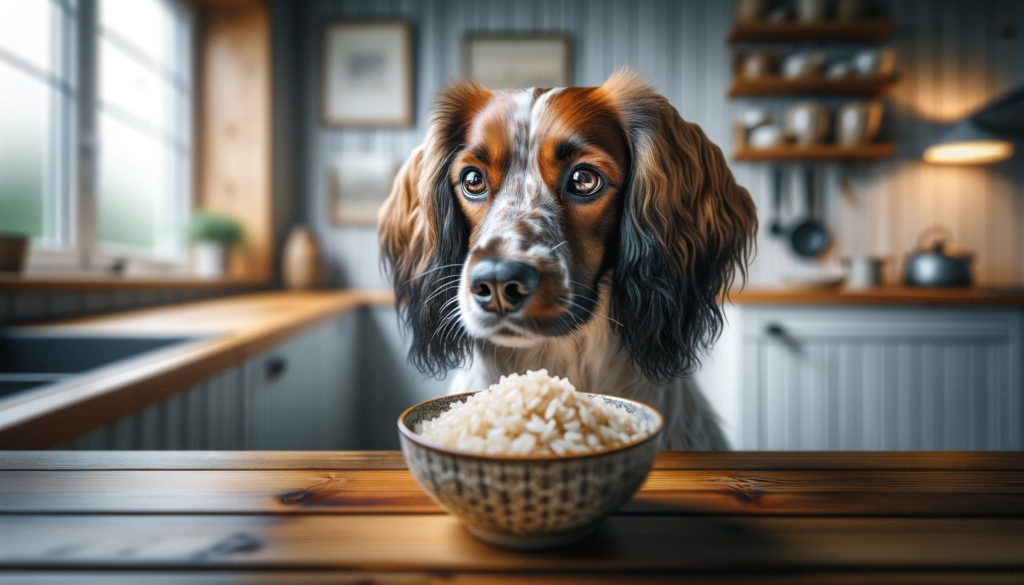
What is Sticky Rice?
Sticky rice, also called glutinous rice or sweet rice, is a popular ingredient in Southeast Asian cuisine. It’s stickier and more malleable than regular rice due to its higher starch content. You’ll find it in dishes like sushi, stir-fries, and desserts.
Where Did Sticky Rice Come From?
Sticky rice, also known as glutinous rice or sweet rice, has been a beloved food in Southeast Asia for centuries. Its origins are believed to be in China, and it has since become a staple ingredient in many Southeast Asian cuisines, including Thai, Vietnamese, and Filipino. Sticky rice is used in both sweet and savory dishes, and is often considered a symbol of prosperity and abundance. Its popularity has even spread to Western countries, where it has become a common ingredient in many fusion dishes. Whether you enjoy it in a traditional Southeast Asian recipe or a modern twist, sticky rice is a versatile and delicious ingredient loved by many.
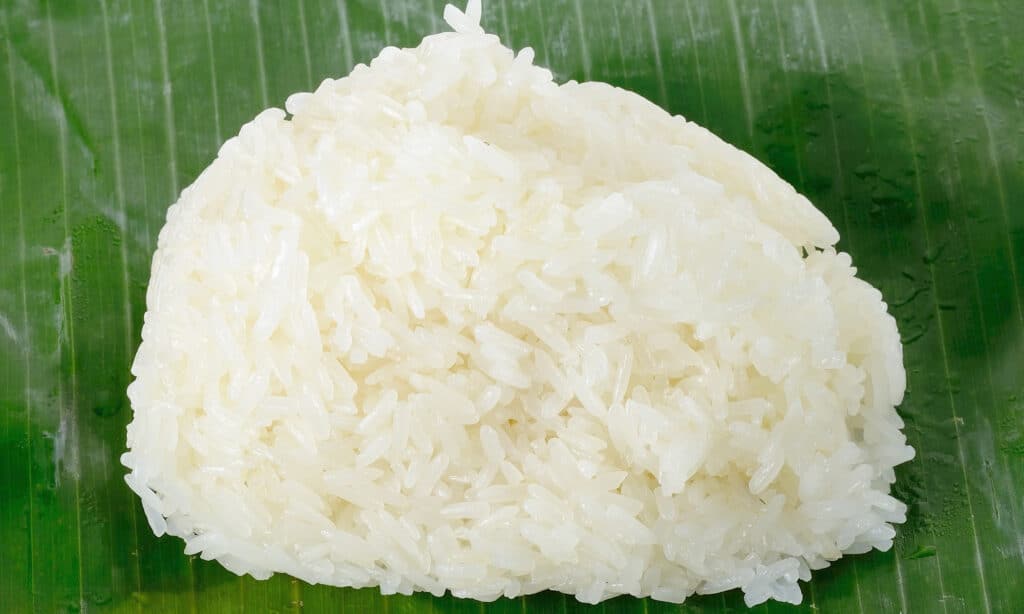
Sticky Rice Ingredients
The star of the show in sticky rice dishes is glutinous rice, a type of short-grain rice with a high starch content. Along with water, sticky rice recipes commonly include sugar, salt, and sometimes coconut milk or other flavorings. These ingredients work together to create the signature sticky and slightly sweet taste that makes this rice so irresistible.
Beneficial Ingredients in Sticky Rice
Sticky rice is made from glutinous rice, which is a great source of carbohydrates for your furry friend. This can give them the energy they need to run and play. While glutinous rice is not high in protein or fiber, some sticky rice dishes may contain nutritious ingredients like vegetables or herbs that can offer additional health benefits for your dog. These added ingredients can provide your pup with important vitamins and minerals to support their overall health and well-being.

Help?!? What if my dog accidentally ate a lot of Sticky Rice?
If you dog gets into a large amount of sticky rice it is important to monitor for any GI distress. While a vet visit is likely not necessary, you pup may experience some bloating or GI discomfort.
Post Snack Distress Signs & Symptoms
Dogs that consume a large amount of sticky rice may experience some GI discomfort.
When or If You Should Go To The Vet?
A vet visit is typically not necessary after your dog consumes sticky rice. Rice is a very common ingredient in dog foods and is generally safe for most dogs.
Canine-friendly and safe alternatives to Sticky Rice
While sticky rice is generally considered safe for dogs to eat, it’s important to keep in mind that some dogs may have trouble digesting it. Additionally, sticky rice dishes may contain ingredients like sugar or coconut milk, which are not recommended for dogs.
If you’re looking for dog-friendly alternatives to sticky rice, consider offering your furry friend some cooked brown rice or quinoa instead. Both of these grains are easy to digest and are a good source of carbohydrates, protein, and fiber. You can also mix some cooked vegetables like carrots or green beans into the rice or quinoa for added nutrition.
Healthy Store-Bought Recommendations
To sum it up, dogs can enjoy sticky rice in moderation, but it’s crucial to choose sticky rice dishes without harmful ingredients like sugar or coconut milk. If your furry friend has any difficulty digesting sticky rice or experiences discomfort after eating it, it’s best to steer clear of it. As always, it’s wise to seek advice from your veterinarian if you have any queries or worries about your dog’s diet. By following these guidelines, you can ensure that your furry friend stays happy and healthy.
~Lindsie

